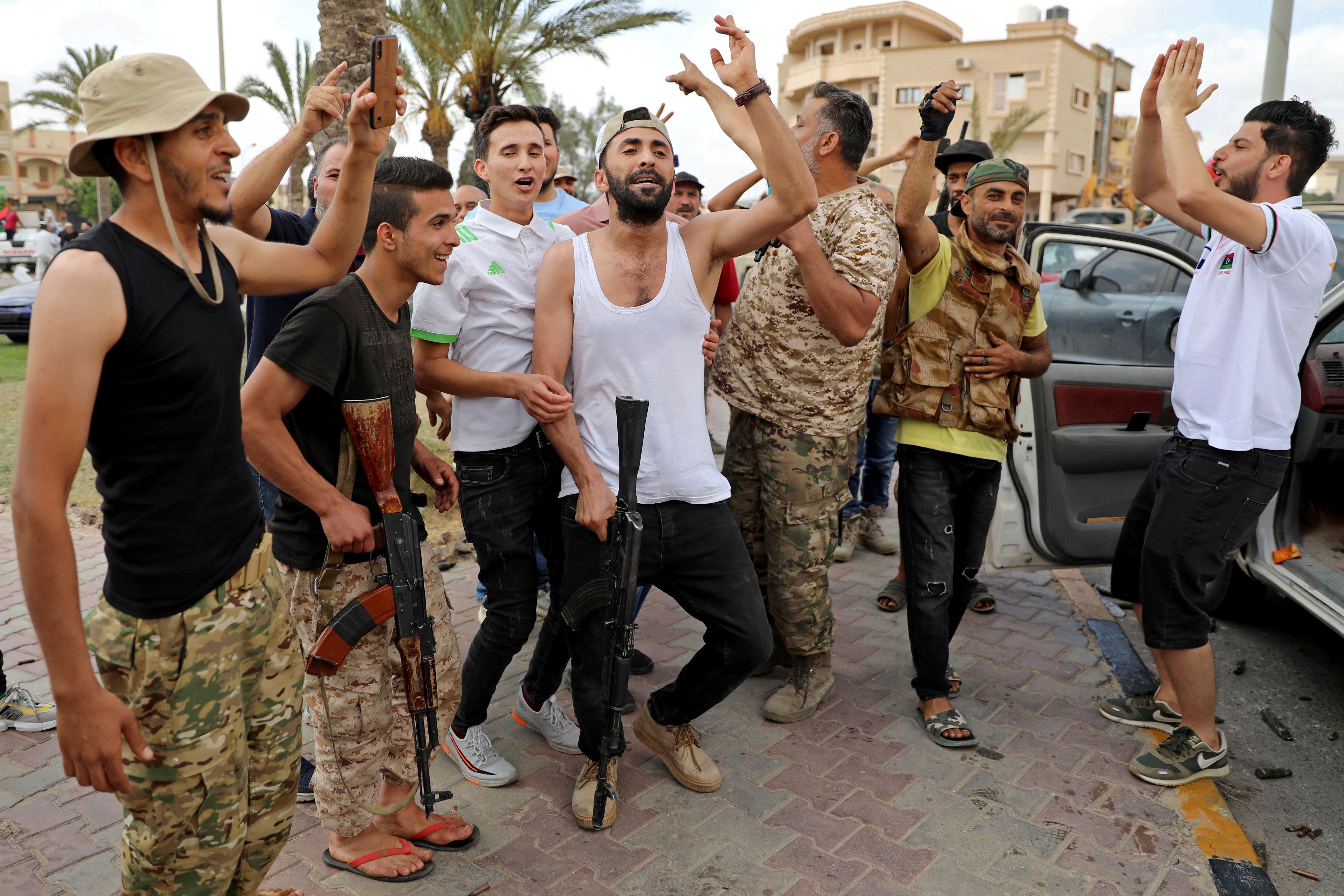What We’re Watching: Libya’s kaleidoscopic war, Spain’s royal scandal, Burundi’s sudden death
A new phase in Libya: The intractable conflict in Libya, now in its sixth year, appears to have reached a new phase in recent days. After a series of military gains by the Government of National Accord (GNA) – the internationally recognized government which is backed by Turkish troops – its rivals in the Libyan National Army (LNA), led by General Khalifa Haftar with support from Saudi Arabia, the UAE, Egypt and Russia, proposed a unilateral ceasefire and the formation of a new nationwide leadership council. The idea, presented by President el-Sisi of Egypt, was promptly rejected by the GNA, which hopes to capitalize on recent military gains – including its takeover of the oil-rich city of Sirte – to solidify its control over Libya's eastern provinces. In response to the LNA's setbacks, Russia appeared to intensify its operations Tuesday, sending a host of new aircraft conveys to help General Haftar push back against the GNA offensive. Turkey's President Erdogan, meanwhile, lobbied President Trump to further support his cause in Libya.
Royal wrongdoing in Spain? Spain's top court is investigating whether the country's former king received millions of dollars in illegal kickbacks from Saudi Arabia in connection with a Spanish consortium's construction of a high-speed rail link between the holy cities of Mecca and Medina. Swiss prosecutors are also reportedly probing financial links between then-King Juan Carlos and the late Saudi King Abdullah. Juan Carlos, who abdicated the throne in 2014 in favor of his son Felipe, now has no immunity from prosecution. Spain's current king has renounced any inheritance from his father, but this is just the latest in a series of financial scandals hanging over Spain's increasingly controversial royal family.
Burundi's outgoing president is dead: Just weeks after Burundi expelled World Health Organization representatives who criticized the government's handling of the coronavirus crisis, the country's outgoing head of state, President Pierre Nkurunziza, has died, reportedly of a heart attack. The 55-year old Nkurunziza was to be replaced in August by a political ally after a tumultuous 15 years in power that have included a failed coup attempt, a harsh crackdown on political opponents and ongoing civic unrest that forced thousands of Burundians to flee the country in recent years. Reports are abuzz that Nkurunziz, who denied the severity of the coronavirus pandemic in recent months and pushed back against calls for social distancing guidelines, died from COVID-19. He and his wife had sought medical treatment in Kenya in recent weeks.
